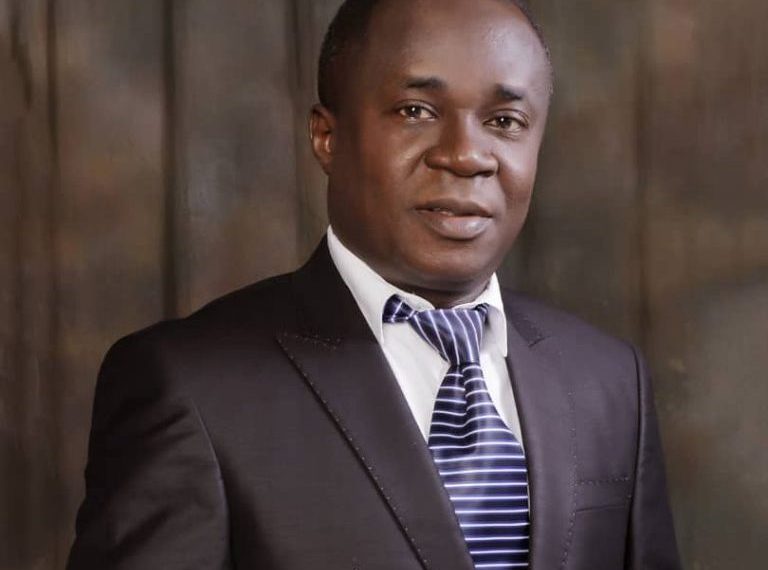West Africa and Nigeria’s first Professor of Capital Market who doubles as the Head of Banking & Finance Department at the Nasarawa State University, Keffi, Prof Uche Uwaleke, has raised alarm on the dangerous signals coming from the nation’s debt service to revenue ratio.
Currently, Nigeria uses almost 50 per cent of the national budget to service jumping debt profile even as the government is working on a template to still drive the coming 2019 budget partly with fresh borrowing spree.
Speaking in an interview, Uwaleke averred that “The public debt burden has manifested more in the debt service to revenue ratio, which is becoming unsustainable. It does appear that the FG is beginning to be concerned about mounting public debts with its plan to reduce borrowing next year. The implementation of the ERGP, the government’s economic blueprint is progressing at a very slow pace, no thanks to avoidable budget delays”.
Continuing, he decried that “The negative impact of budget delays cannot be over stressed, especially on an economy that exited a recession not too long ago. It did not come as a surprise, therefore, when the IMF recently cut the GDP growth projection for Nigeria from the earlier 2.1 percent to 1.9 percent”.
“What all these simply say is that with respect to rebuilding the economy, there is much work to be done. To be fair, the present administration has done some groundwork in the area of getting the economy on a growth path. The efforts of the CBN in stabilizing the forex market should not go unnoticed.
“One can equally point to the successes recorded by the Presidential Enabling Business Environment Council including the Focus Labs conducted in key sectors of the economy. Nevertheless, a lot still needs to be done and this requires speed. The government should leverage on the current favourable crude oil price to diversify the export base of the economy and ensure macroeconomic stability conducive for capital flows.
On the performance in key macroeconomic indicators, the Don said “the journey is still far,” stressing that “Real GDP growth rate is still weak and fragile and well below the population growth rate of about three percent.”
“The 2018 Q1 and Q2 GDP reports by the NBS give cause for concern in the sense that economic output resumed a downward trajectory not long after the economy exited a recession. According to the latest NBS report, GDP growth fell again to 1.5 percent compared to 2.11 percent in Q4 of 2017. Recall that it was 1.95 percent in Q1 2018. So, this trend is worrisome. What the NBS report has shown is that we still have a long way to go regarding the diversification of the export base of the economy.
“This is because if you look at the numbers critically, it becomes clear that the growth in GDP was dragged down primarily due to a fall in the average daily oil production. This was despite the fact that crude oil price in the international oil market maintained a steady rise over the period.
“Headline inflation rate is still in breach of the CBN’s upper band of nine percent, which explains, in part, the reason the MPC is hamstrung in bringing down the policy rate.
We do not have an up to date figure on the unemployment rate in the country, a situation the National Bureau of Statistics blames on poor funding. The most recently published relates to the third quarter of last year, which put the unemployment and underemployment rate in the country at about 40 percent. This is high by any standards,” Uwaleke explained.









